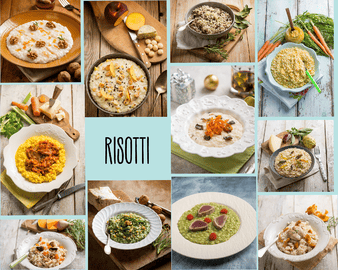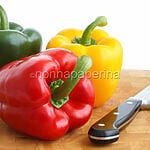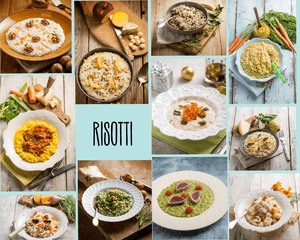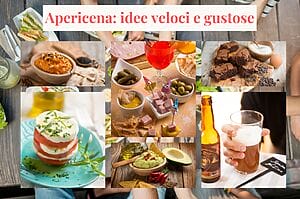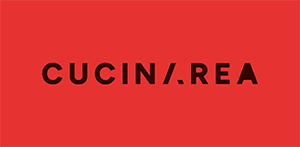Omega-3: Essential Fatty Acids for Our Eyes

The benefits of these fatty acids
How often have we heard how important it is to eat foods high in Omega-3? Because they cannot be directly synthesised by our body, they are vital to our nutrition. Thus, these fatty acids serve a vital purpose for our body, one of which is to safeguard our cardiovascular system.
There are many advantages to omega-3 fatty acids. In fact, a number of studies suggest that they could help lower the chance of developing a number of vision-related illnesses, such as blindness or macular degeneration. Therefore, the health of both adults’ and children’s eyes depends critically on these vital fatty acids.
Omega-3 and eye health
Eating meals high in Omega-3 on a regular basis can improve our eyes in many ways. First of all, these fatty acids are part of the structure of the retina cells and allow their constant development. In newborns, for example, breast milk, which contains Omega-3, allows the right strengthening of the visual capacity.
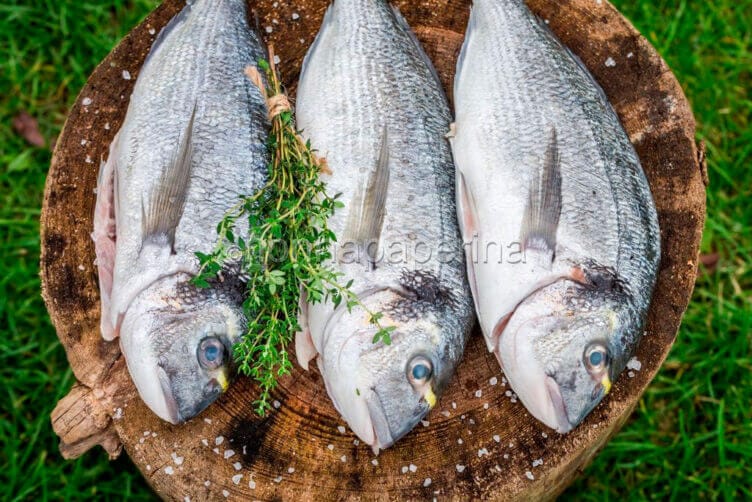
Additionally, these fatty acids have a vasodilatory effect that increases the ocular capillaries’ flexibility. Omega-3 fatty acids are particularly vital as we age since they lessen the likelihood of developing age-related visual diseases such as dry eye syndrome.
Without a doubt, certain fish varieties, including salmon, cod, and sardines, are the foods that have the highest concentrations of Omega-3s. These fatty acids are also present in plant-based foods like spinach, algae, almonds, legumes—particularly soy—flaxseed and oil, and different kinds of green leafy vegetables.
The connection between nutrition and vision.
Which foods support the preservation of our vision? Our five senses are indispensable at every moment of the day. Vision, in particular, is essential to carrying out most of our daily activities. For this reason, it is necessary to safeguard our eyes and try to avoid suffering from some eye disorders in every way. Nutrition is one of the factors that helps us protect our eyesight.
What are the foods that help us reduce risks to our eyes? We can maintain outstanding psycho-physical wellbeing, including that of the eyes, and prevent numerous illnesses, including cataracts, by eating a varied and balanced diet. Actually, a number of scientific studies have demonstrated that our diets have an impact on our vision.
Substances that reduce the ageing of the eyes
Certain mineral salts, including zinc and omega-3 fatty acids, are among the compounds that can help slow down the ageing process of the eyes. Which foods contain these substances that protect vision? Here are some of the main ones according to their nutritional properties:
Lutein is one of the antioxidants that helps protect the health of our eyes and is present in foods such as avocado, all dark leafy vegetables, and some vegetables such as spinach and broccoli. Berries such as blueberries, in addition to containing lutein, are rich in zinc and vitamins A and C, which are essential for protecting our eyes.
Vitamin C, Omega-3, and Beta-Carotene
Vitamin C helps fight free radicals. For this reason, citrus fruits such as oranges or lemons, rich in this substance, are very useful for fighting eye aging. Don’t forget that yellow and orange-coloured sweet peppers also contain vitamin C. Beta-carotene, also contained in various orange-coloured vegetables, such as carrots and pumpkin, helps maintain good night vision.
Omega-3 fatty acids play a critical role in lowering inflammation and the chance of developing a number of illnesses, including conditions that affect the eyes and macular degeneration. This substance is contained in fish and eggs and also in some types of dried fruit, such as almonds, which also provide vitamin E. It is also present in soy, which is an excellent antioxidant.
The importance of the retina
One of the essential parts of the eye is the retina. This membrane covers a sizable portion of the internal organ of the eye and facilitates the optic nerve’s ability to carry nerve impulses to the brain. As such, it is an organ that needs to be safeguarded; if not, you could suffer from various pathologies, including retinal detachment.
Maintaining good eye health requires taking care of your retina to stop it from degrading. Apart from hereditary factors, which are beyond our direct control, we can enhance the retina’s health via dietary changes. The foods we eat can help lower the risks, even though we cannot immediately cure the illnesses.
Substances that protect the retina
Vitamins A, C, and E—found in eggs, salmon, vegetables, and dried fruit—help protect the eyes, particularly the retina. Conversely, foods high in zinc are vital; these include molluscs, legumes, cereals, and selenium, which can be found in foods like dried fruit, eggs, salmon, and cheese.
Macular degeneration and other diseases can be avoided by taking omega-3 fatty acids. The principal dietary sources of this material include seeds, salmon, sardines, and soy or flax oil. Lastly, lutein and zeaxanthin are two carotenoids that should not be overlooked. Among the foods high in these compounds are vegetables, particularly those that are yellow or orange in colour.
Foods to avoid for retinal health
If certain meals—like seafood, fruits, and vegetables—are necessary to safeguard the retina, then other foods need to be carefully taken, if not completely avoided. These are typically compounds that, when ingested in excess, harm not just our eyesight but also our general health. Actually, meals high in sugar, salt, animal fats, and sugar-filled beverages are not good for retinal health.

Nutrition and myopia
Myopia: foods that are good for your eyesight. Myopia is a visual defect that, in Italy, affects at least 25% of people. Those who suffer from it have difficulty seeing distant objects. This defect can be corrected through the use of glasses or contact lenses. Furthermore, at a medical level, through the use of laser or corrective lens implants, it is possible to effectively correct myopia.
Diet can have a significant role in lowering the likelihood that myopia will worsen or develop into more serious conditions. This obviously does not indicate that eating particular foods will lessen or even cure this visual impairment. However, we may reduce the hazards to our vision by being mindful of the nutrients we consume.
Vitamins and Omega-3
Those who suffer from myopia, especially in the severe phase, are more likely to risk retinal detachment or to suffer from certain visual pathologies, such as glaucoma. Let’s see which foods can help us follow a balanced and healthy diet and reduce some of the factors that can compromise the health of our eyes.
Vitamin A is undoubtedly one of the substances that can help us slow down eye aging. However, there are other foods that are equally beneficial for those who suffer from myopia. Consumed in moderate quantities, seeds and dried fruit, such as walnuts, are excellent sources of both vitamin E and omega-3. Another food that contains fatty acids is salmon, but there are also other types of fish, such as sardines.
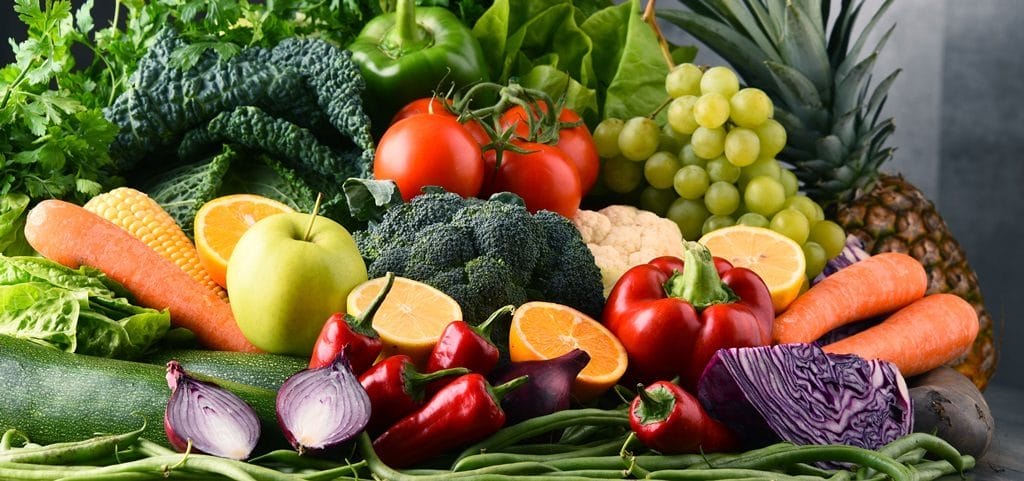
Fruits and vegetables
Vegetables and fruits should have a special place in everyone’s diet since they are vital to any diet. Some vegetables can help reduce the ageing process of the eyes. Broccoli and Brussels sprouts, for example, contain both vitamin C and antioxidants. Not forgetting spinach, which is rich in lutein, a carotenoid rich in antioxidant properties.
Talking about fruits, in addition to those containing vitamin A, such as blueberries, we can include avocado in our diet, a fruit that is increasingly becoming famous in Italy.
All rights reservedCOULD IT BE INTERESTING FOR YOU

Risottos: Delicious ideas for easy and tasty recipes
Risottos: an endless array of recipes to explore One of the most recognisable Italian foods is risotto. They represent modern gastronomy's focus on ingredient quality and its capacity to turn basic...

Tarts: A Journey Through 10 Delicious Recipes
Delicious tarts for every taste Tarts are among the most loved desserts by adults and children alike. They evoke romantic imagery, which in turn recalls family lunches and snacks in the company of...

Sustainable Christmas lunch: ideas for an eco-friendly menu
Sustainable Christmas lunch ideas and delectable meals that seamlessly blend work and play With Christmas quickly approaching, now is the perfect time to consider the menu and organise an inclusive...









